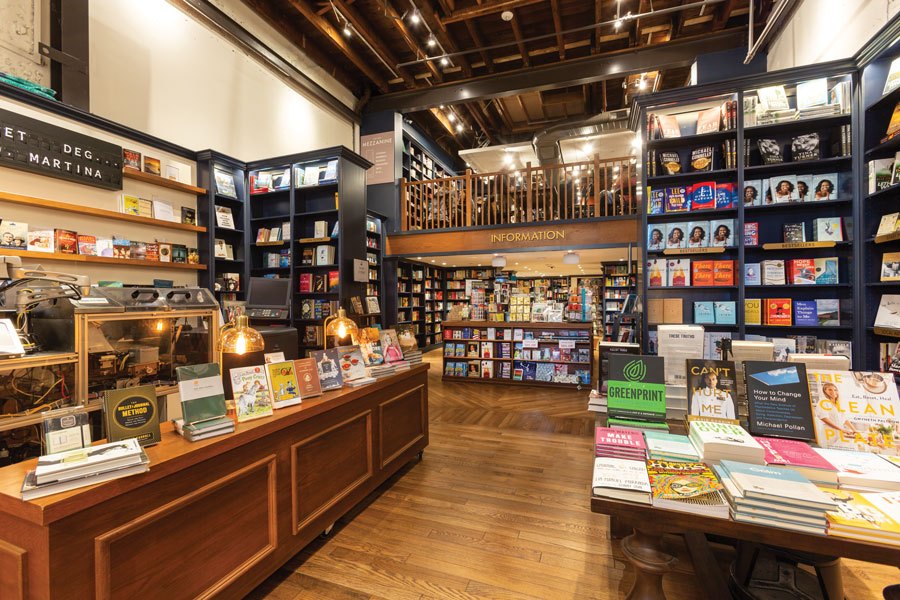How Covid-19 has Affected Small Businesses
April 26, 2021
Since the beginning of lockdown and since the ever-growing convenience of Amazon, hundreds of small businesses across the country were shut down permanently due to lack of business. But employees at Brick and Mortar Books in Redmond, Washington, have a different take on the outcome of bookselling during a pandemic.
“Obviously, when quarantine first started, there were setbacks,” says Celina, an employee at Brick and Mortar Books. “When we were even able to be open, our capacity was set back to 17 people in the store at a time, which very much limited the number of customers we had.”
Across Washington State–according to the current COVID-19 guidelines–all venues are limited to 25% capacity, something that was a large factor in possibly deterring customers and putting some places out of business.
However, Brick and Mortar Books, like many bookstores, took use of their curbside pickup program to let customers purchase what they would like to buy without entering the store. With this system, customers can call and pay ahead of time, and their books will be brought outside straight to their cars. This is an effective alternative to in-person shopping, according to Brick and Mortar Books employees.
“Because people are hesitant to leave their homes,” says Celina. “Many will turn to Amazon for a simple delivery process. It’s cheap and efficient. Curbside pickup isn’t Amazon, but it’s helped many customers who aren’t comfortable shopping indoors just yet.”
As Amazon grows and more places are being put out of business, particularly bookstores, more and more people are growing aware of the consequences the pandemic could have on bookselling as a whole, and many are eager to help in any way they can.
Robin White, a frequent customer at Brick and Mortar Books, says: “It is tempting to take the easy way out, but recently I’ve been making an effort to support small businesses, Brick and Mortar in particular. I even tried to shop from all locally-owned businesses over the holidays.”
“People are generally very willing to support local bookstores during this time,” says Celina. “I think part of that is people needing something new to read because they are stuck at home, but also I think that people are seeing the consequences of turning to Amazon, and we are so grateful to have that kind of community supporting us.”
It’s not to say that there haven’t been drawbacks, but overall the support from the community has been excellent for Brick and Mortar Books. It proves that with help from customers, many small businesses can and are thriving during this global pandemic.


